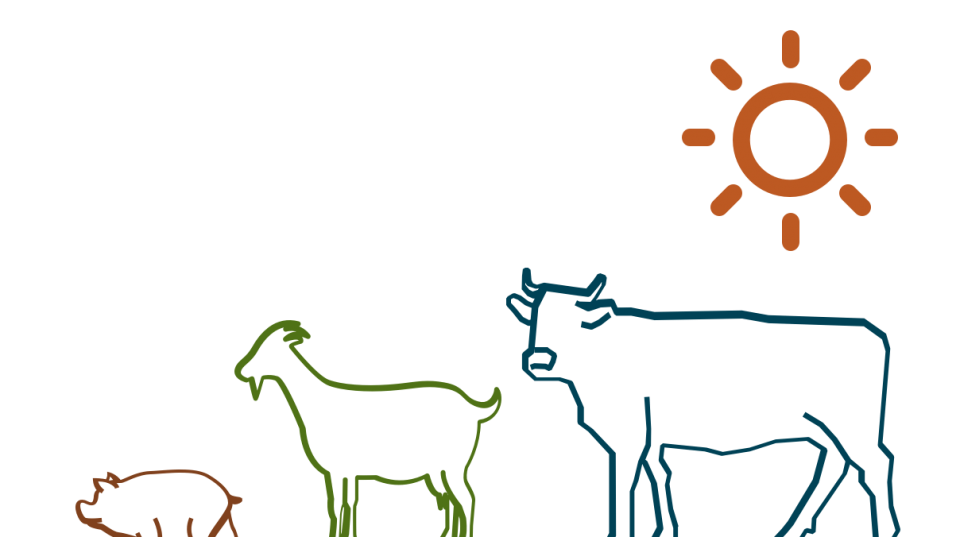Overview
This project aimed to use a whole-of-chain approach to initiate a shift in East Timor smallholder beef farming practices.
As East Timor's economy grows, the demand for livestock products is also expected to grow. Now is an ideal time to support development of the smallholder cattle sector, thereby increasing beef production for human consumption, farmers' incomes from domestic cattle sales and, in the longer-term, financial returns from live cattle export sales to Indonesia. But the majority of farmers and support agency staff are under-skilled, thus limiting identification and adoption of better cattle management practices.
The intention was to assist farmers to move from being mostly livestock keepers to becoming producers with better market access. It is the first stage of a 10-year program.
Project outcomes
To achieve change in cattle systems practices requires further capacity development and implementation of practices as part of systems that will be effective in Timor-Leste environments. Farmers and traders need to be involved in decisions about what problems and opportunities they have in directing research and adaptation of practice changes to Timor-Leste cattle farming systems. There is limited advanced RD&E capacity servicing the beef cattle industry in Timor-Leste despite very large numbers of university graduates, and this limits appropriate development of livestock systems.
It was concluded there is opportunity to achieve widespread improvements in cattle production and marketing systems, but this requires mechanisms that allow the smallholders to have control of the change process with appropriate support.




